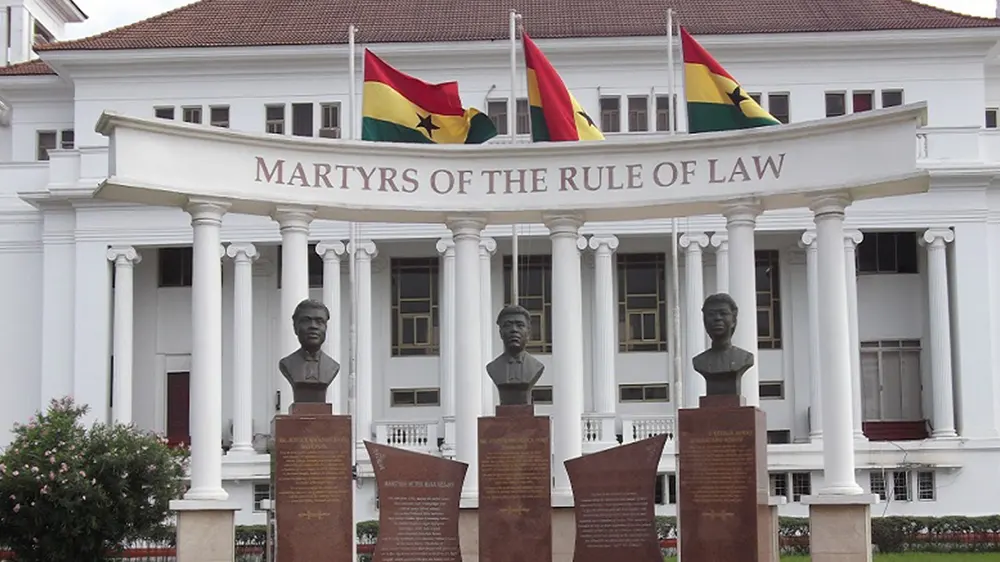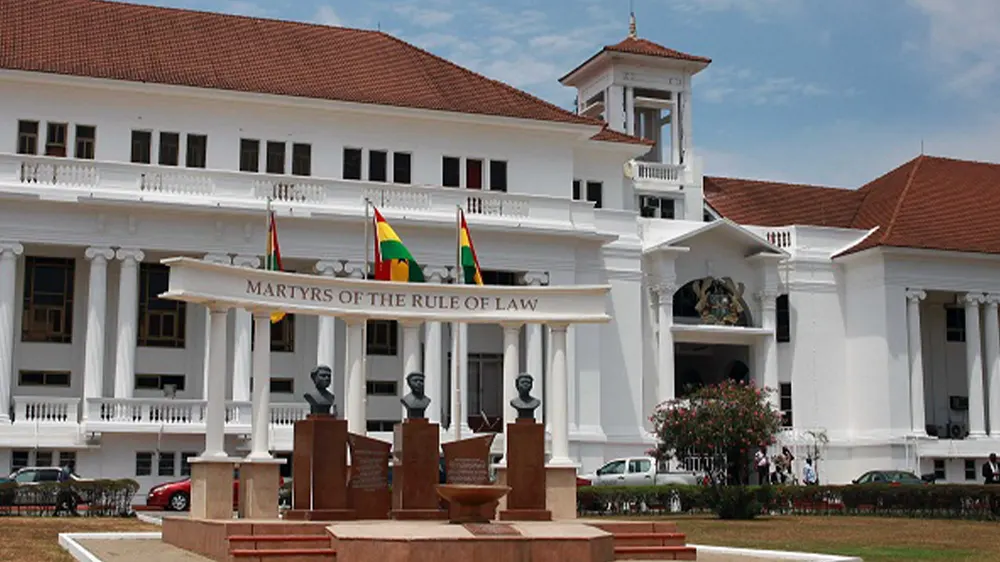In a landmark decision, the Supreme Court has declared sections of the Citizenship Act unconstitutional, opening up key positions to individuals with dual citizenship. The ruling, delivered in the case of Francis Osei-Bonsu v The Attorney General, nullifies restrictions barring dual citizens from serving in roles such as Chief Justice, Commissioner of the Value Added Tax Service, and Director-General of the Prisons Service, among others.
Represented by Bright Okyere-Adjekum Esq., the plaintiff successfully argued that the contested sections of the Citizenship Act were inconsistent with Article 289(2) of the 1992 Constitution. The court upheld all reliefs sought by the plaintiff, effectively removing barriers to dual citizens from holding significant public positions.
This decision implies an amendment to the Constitution, as the nullified sections of the Citizenship Act were found to have contravened Article 289(2). Consequently, individuals with dual citizenship can now be appointed to positions previously restricted by the Act, including those in the judiciary, tax administration, and security services.









